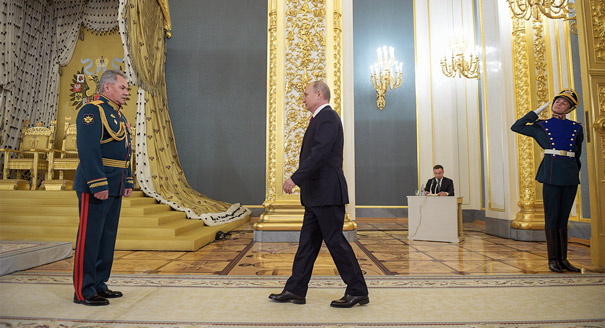
Latest insights from the Global Think Tank’s experts on Russia, Ukraine, and Eurasia. Part of @CarnegieEndow. RT ≠ endorsement. На русском @CarnegieRu
3 subscribers
How to get URL link on X (Twitter) App




 2/9 The five tiers are: Putin’s personal retinue, Putin’s friends & associates, government technocrats, the regime’s “protectors,” & its implementers. The roles of these groups may evolve during the power transition, but their place in the order of things will stay the same.
2/9 The five tiers are: Putin’s personal retinue, Putin’s friends & associates, government technocrats, the regime’s “protectors,” & its implementers. The roles of these groups may evolve during the power transition, but their place in the order of things will stay the same.